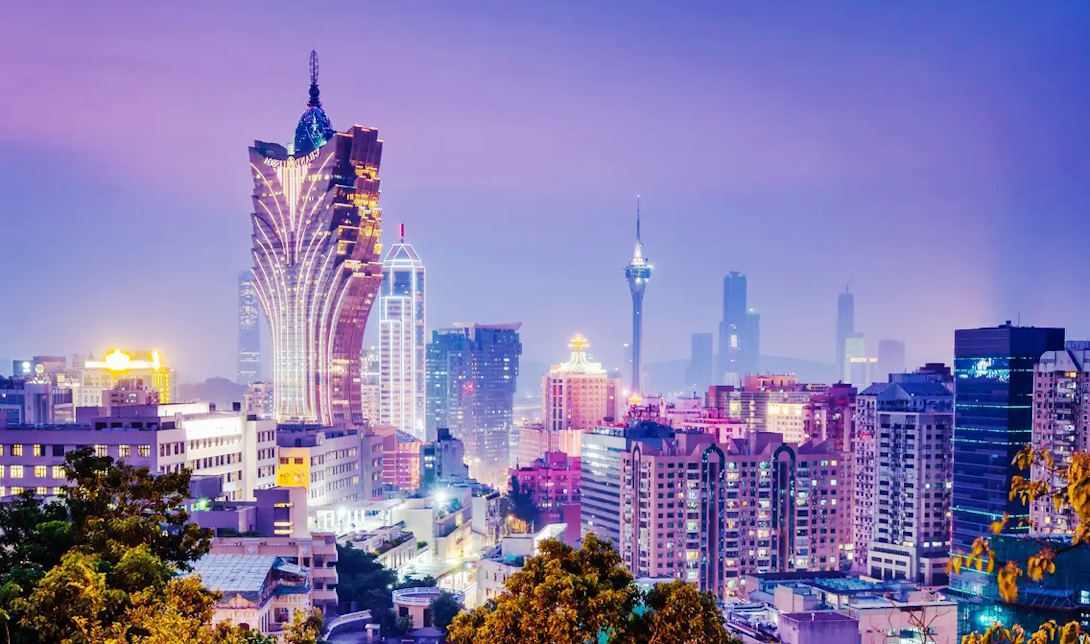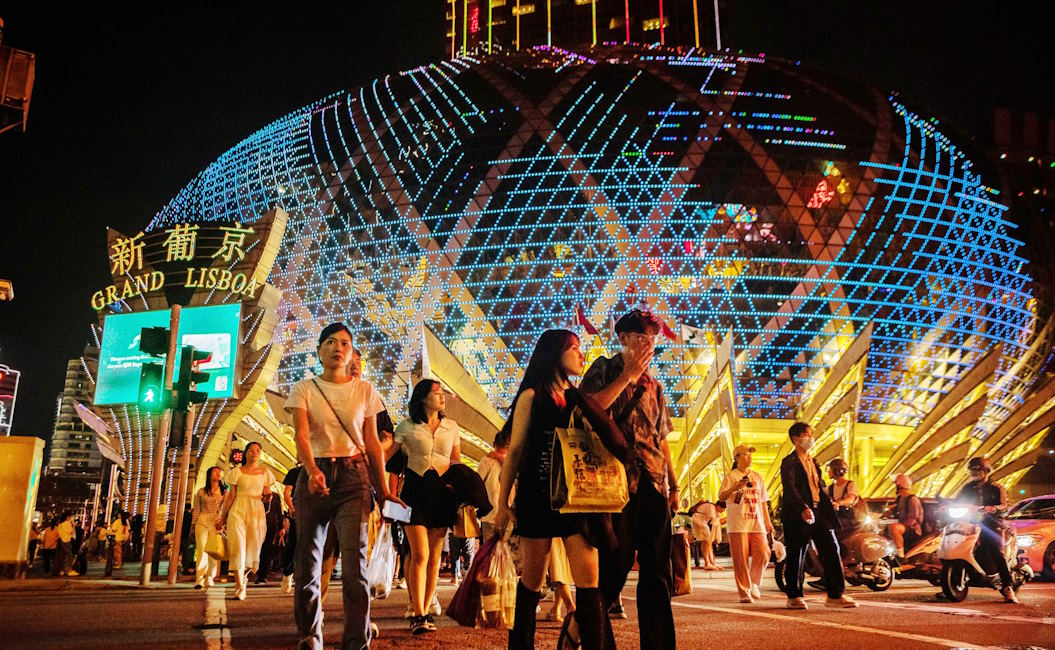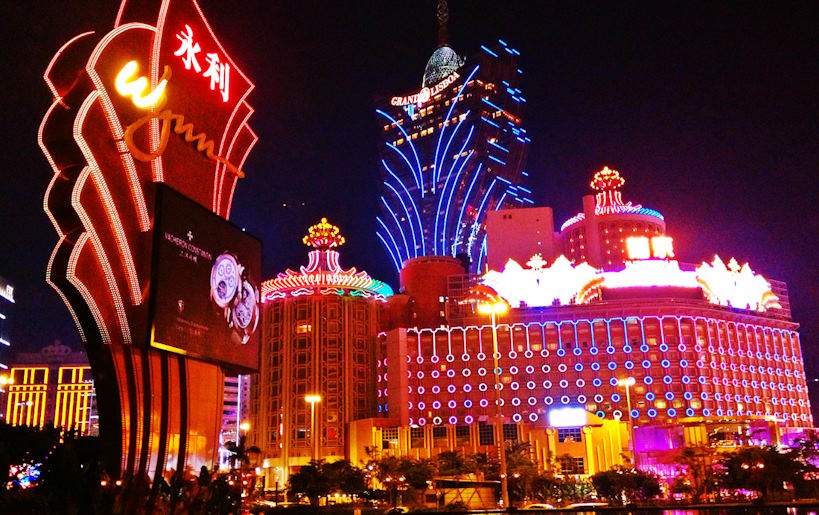The Influence of Chinese Culture on Macau’s Gambling Industry

Macau, a Special Administrative Region of China, has long been recognized as the gambling capital of the world, surpassing even Las Vegas in terms of revenue. This vibrant city’s gambling industry is deeply influenced by Chinese culture, from the games that dominate its casino floors to the beliefs and practices of its patrons. This article delves into the intricate ways in which chinese cultural heritage shapes Macau’s gaming sector landscape.
Historical Context
The history of gambling in Macau is as old as the city itself, with records dating back to the 16th century when it was a Portuguese colony. The Chinese have a long history of gambling, with traditional games like Mahjong being popular pastimes. When Macau’s first legal casino opened in the 19th century, it set the stage for the fusion of Chinese cultural practices with Western-style casino gaming. This blend has defined Macau’s gambling industry, making it uniquely appealing to both domestic and international visitors.

Popular Games and Cultural Preferences
The influence of Chinese culture is most evident in the types of games that are popular in the impact of Chinese traditions on Macau’s casinos. Baccarat, in particular, is a favorite among Chinese gamblers due to its simplicity and the belief in fate or luck, which is a significant aspect of Chinese culture. The preference for games of chance over skill reflects the cultural emphasis on luck and fortune, distinguishing Macau’s gaming scene from Western countries, where games like Poker and Blackjack, which require more skill, are more prevalent.
Feng Shui and Superstitions
Feng Shui and superstition also play critical roles in Macau’s gambling industry. Casinos are meticulously designed according to Feng Shui principles to attract luck and fortune, with layouts, decorations, and even the placement of tables and slot machines carefully considered to enhance the flow of positive energy. Gamblers often adhere to specific rituals and carry lucky charms to improve their chances of winning, practices deeply rooted in Chinese culture.

The Role of Social and Economic Factors
Beyond games and superstitions, the fusion of Chinese customs and Macau’s gambling scene industry through the social and economic contexts that drive its development. Gambling is seen as a form of entertainment and a social activity that strengthens bonds among friends and family. The industry’s growth is tied to China’s economic rise, with a growing middle class able to indulge in leisure activities like gambling, further fueling Macau’s success as a global gambling hub.

















